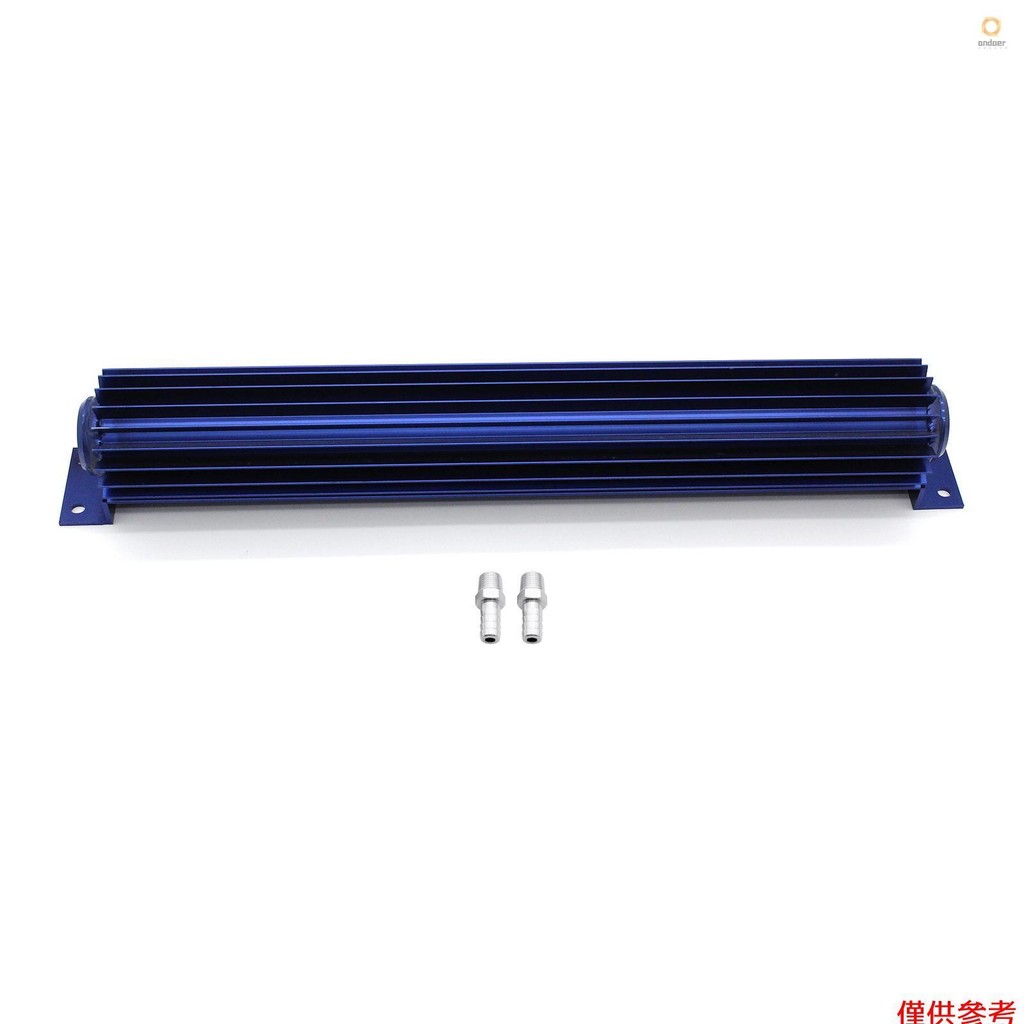Smooth Operators: How Should Oil Coolers Enhance Your Driving Experience
In the world of automotive engineering, the importance of maintaining optimal motor temperatures cannot be overstated. Among the many components that contribute to a vehicle's performance, oil coolers play a key role in making sure that engines run efficiently and effectively. These unsung heroes work diligently in the background, keeping engine oil at the ideal temperature to prevent overheating and extend engine life. As oil cooler holden cruze continue to evolve with cutting-edge technology, the need for effective cooling solutions becomes ever more critical.
Oil coolers serve a essential function, especially in performance-oriented vehicles where the demands on the engine are higher. By dissipating heat produced during engine operation, they help preserve the viscosity of the oil, which ensures that it continues to lubricate the engine components well. Without the assistance of an oil cooler, engines may experience a decrease in performance and greater wear, leading to expensive repairs and a diminished driving experience. Recognizing the significance of oil coolers not only sheds light on their design marvels but also emphasizes their impact on improving our experience on the road.
Understanding Engine Oil Coolers
Oil coolers play a essential role in preserving the perfect temperature of engine oil, ensuring that it performs efficiently throughout its duration. By removing excess heat created from the engine and transmission, oil coolers help in protecting the viscosity and lubricating properties of the oil, which is important for reducing friction and wear on engine components. This is especially crucial during extreme driving conditions, where higher temperatures can lead to oil breakdown and potential engine damage.
There are different types of engine oil coolers, including air-cooled and liquid-cooled variants. Air-cooled oil coolers employ airflow to dissipate heat, making them simple and effective for many standard vehicles. On the other hand, liquid-cooled oil coolers employ a heat exchanger that transfers heat to the coolant moving through the engine, allowing for higher efficient temperature regulation. The decision of oil cooler often depends on the vehicle's design, performance requirements, and expected use.
In addition to shielding the engine, these coolers contribute to the total fuel efficiency of a vehicle. By maintaining ideal oil temperatures, these components help the engine operate at its peak, reducing the amount of energy expended as heat. This not only enhances engine longevity but also results in enhanced performance and fuel economy, making these coolers an important consideration for both drivers and sport enthusiasts.
Advantages of Oil Coolers
Oil cooling systems serve a critical function in ensuring maximum motor heat levels, that are important for complete performance. By quickly removing thermal energy from the engine oil, these systems help prevent excessive heat. This lets the oil to hold its thickness, guaranteeing it greases motor parts efficiently. When oil is kept at the appropriate heat level, it minimizes wear and tear, ultimately lengthening the life of the engine and its elements.
Another significant advantage of oil coolers is that they contribute to better engine performance. When the oil is cooler, it can better execute its important functions such as lowering resistance, removing impurities, and providing hydraulic pressure in various systems. As a result, the engine can run smoother and efficiently, resulting in enhanced thrust and reaction. This improvement is particularly noticeable in high-performance and large vehicles that demand higher levels of from their engines.
Additionally, oil cooling systems can enhance gas mileage. Efficient engine lubrication lowers the energy necessary to overcome friction, letting the engine to run better. When the engine functions properly, it not only enhances performance but also increases fuel consumption. This is important for vehicle owners looking to reduce on fuel expenses while lessening their environmental impact. In essence, purchasing an oil cooler can lead to considerable benefits in both performance and efficiency.
Choosing the Best Oil Cooler
When picking an oil cooler, it's important to consider the particular needs of your vehicle and driving style. Performance cars or those used in professional racing often require larger or more efficient oil coolers to cope with the additional heat generated during intense driving. On the other hand, standard vehicles for daily use may only require a reasonable cooler to ensure optimal oil temperatures. Comprehending the application will help in making an informed decision.
A further crucial factor to evaluate is the variety of oil cooler. Air-cooled and liquid-cooled choices each have their advantages. Air coolers are generally easier to install and maintain, while liquid coolers usually offer superior cooling efficiency, particularly in stressful scenarios. Ensure to review the advantages and disadvantages of each type in relation to your vehicle’s situation and performance requirements.
Lastly, compatibility plays a critical role in selecting the best oil cooler. Verify that the dimensions fit your vehicle’s engine bay and that the installation process is simple. Furthermore, it's recommended to pick an oil cooler that matches the specifications of your engine and oil system. A well-chosen oil cooler will boost performance and prolong engine life, thereby making it a valuable investment for any car owner.
